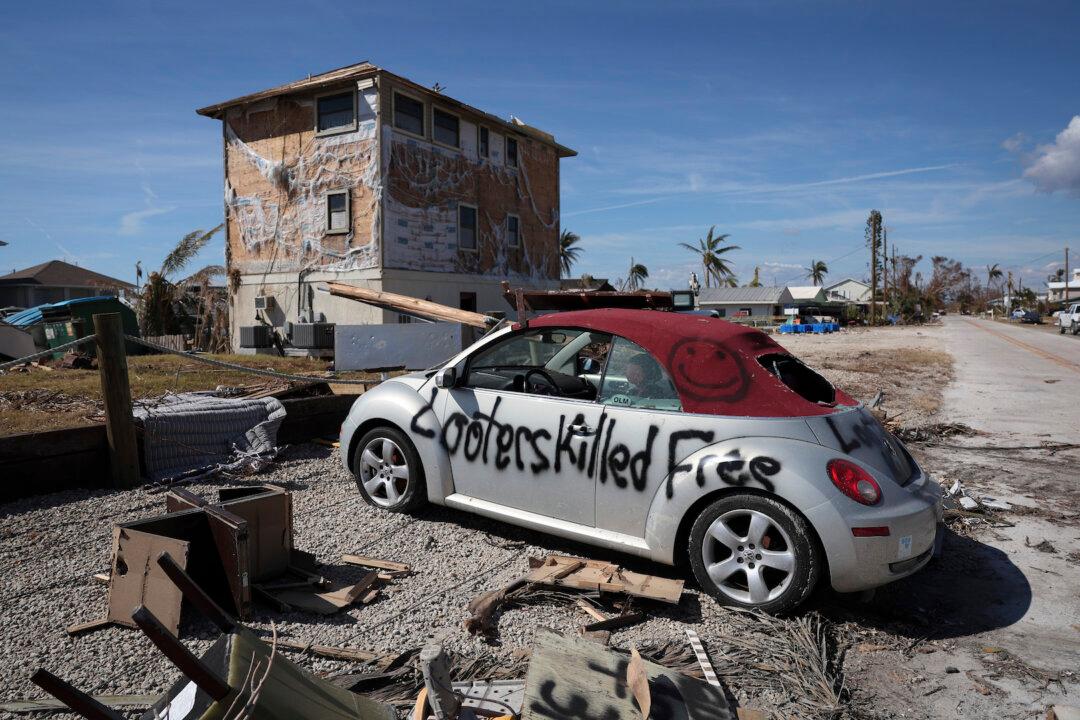The National Center for Disaster Fraud (NCDF) has warned citizens that the extreme devastation caused by Hurricane Ian might provide grounds for “unscrupulous thieves” to defraud people.
Based on 200,000 historical complaints received by the NCDF, the agency provided a few examples of disaster-relief fraud that may target victims. Fake charities can solicit donations under the names of well-known organizations. Individuals impersonating insurance company representatives and government officials may look to collect money from potential victims in return for disaster assistance.





